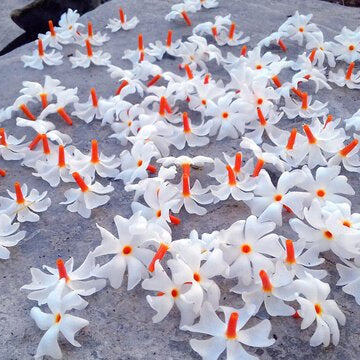
Available 24/7
Available 24/7

"Food is as healthy as the soil in which it is grown"
Good soil is an integral part of any healthy garden, it becomes even more critical when we grow plants in pots in our terrace or balcony.
As our potted plants are not connected with natural soil ecosystem and hence it needs extra care & nutrients.
The proportion of sand, silt and clay particles determines the texture of our soil and affects drainage and nutrient availability, which in turn influence how well our plants will grow.
Our soil could be divided into three main types:
Clay Soil : This soil holds on to the nutrients well, but drains poorly. It can be heavy to dig when wet and can bake hard in summer.
This is found in northern plains of India. Its not ideal for gardening, but can be improved upon by adding organic matter like kitchen compost, cow dung manure or well decomposed garden waste.
Organic matter can provide much needed drainage in clay soil. You can even buy compost available with any online or offline gardening store.
Sandy Soil : Sandy soil has very large particles, which prevents it from holding moisture and nutrients.
Other than a few plants (Succulents and Adeniums ), this kind of soil is unsuitable for most plants. Sandy soil can be improved by adding organic matter like kitchen compost, cow dung manure or well decomposed garden waste.
Organic matter can help in water and nutrient retention.
Loamy soil: Loamy soil is great for gardening as it provides right amount of nutrients and good drainage.
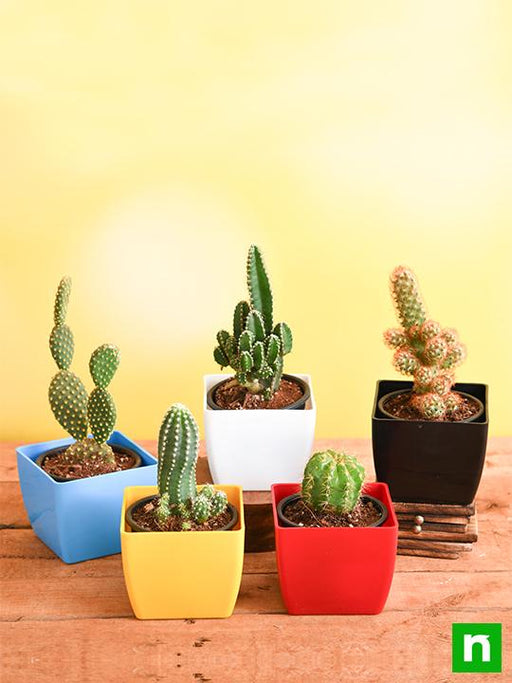
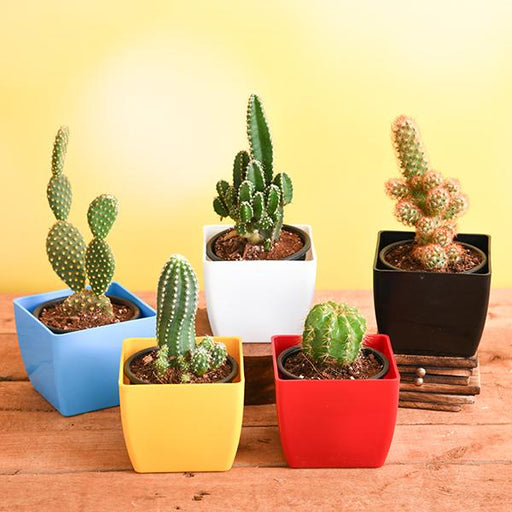 Save 34%
Save 34%
DescriptionA perfect combo of 5 desert cacti + 5 colorful pots. These cacti are happy, even when neglected.AboutYou get cacti that are affordable a...
View full details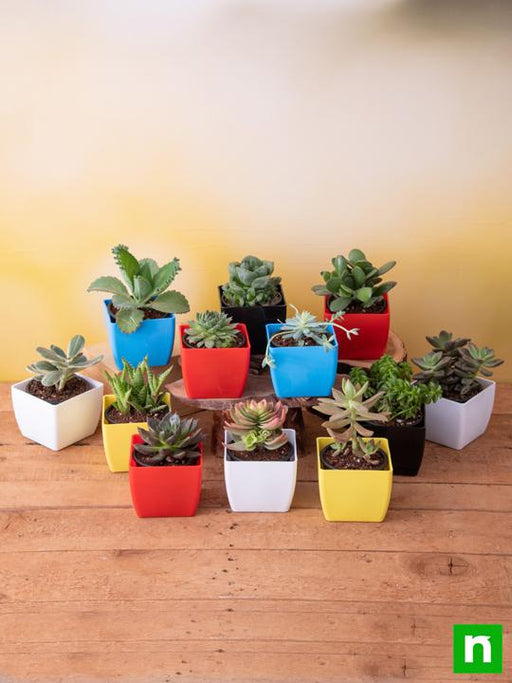
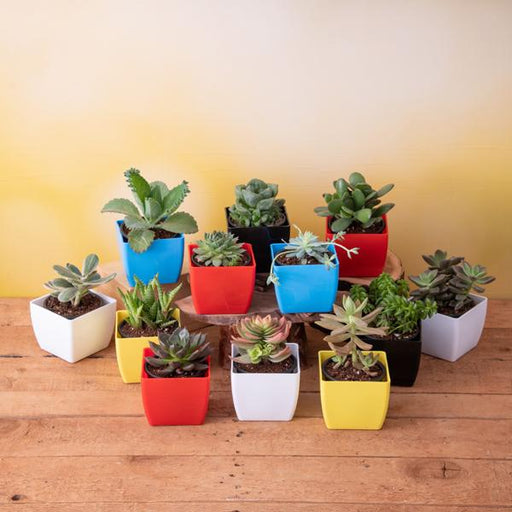 Save 36%
Save 36%
DescriptionIf you long for indoor greenery but have not succeeded with houseplants, consider succulents.AboutSucculents make great indoor plants be...
View full details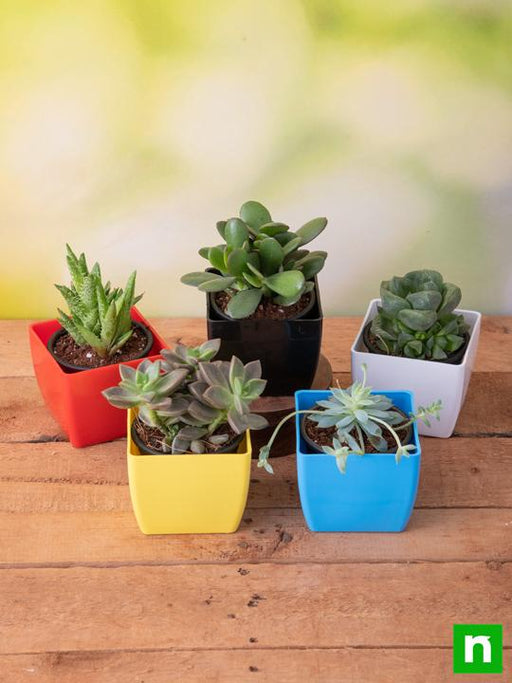
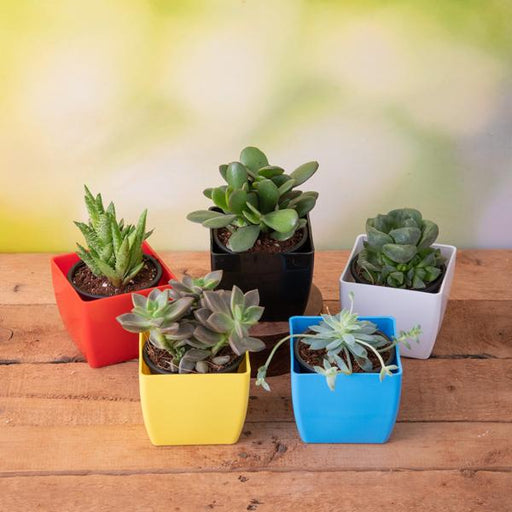 Save 29%
Save 29%
DescriptionThe pack contains 5 exotic, easy to care succulent plants to make your desk stand out from the rest in an attractive manner.AboutExtreme...
View full details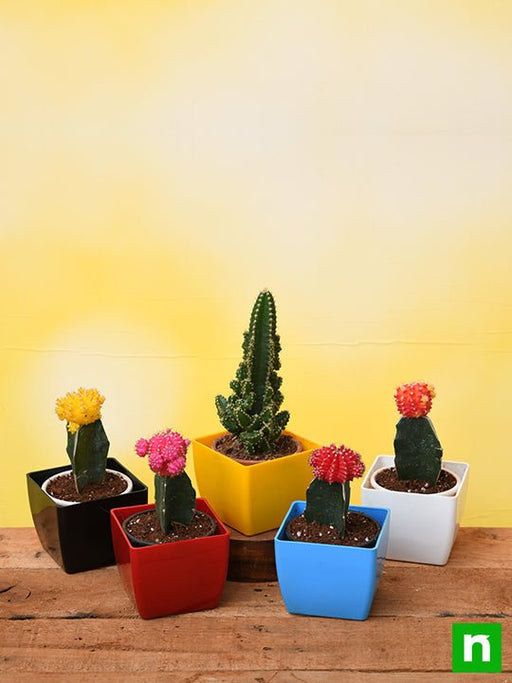
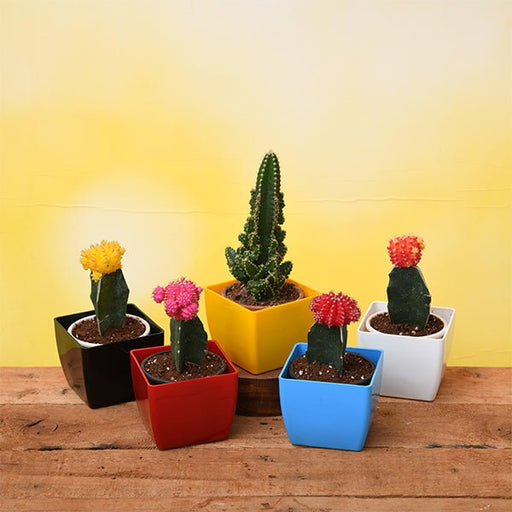 Save 16%
Save 16%
DescriptionA special pack of 5 beautiful cacti (4 Moon cacti + 1 Acanthocereus ). Perfect to decorate your garden space.About You get 5 beautiful ...
View full details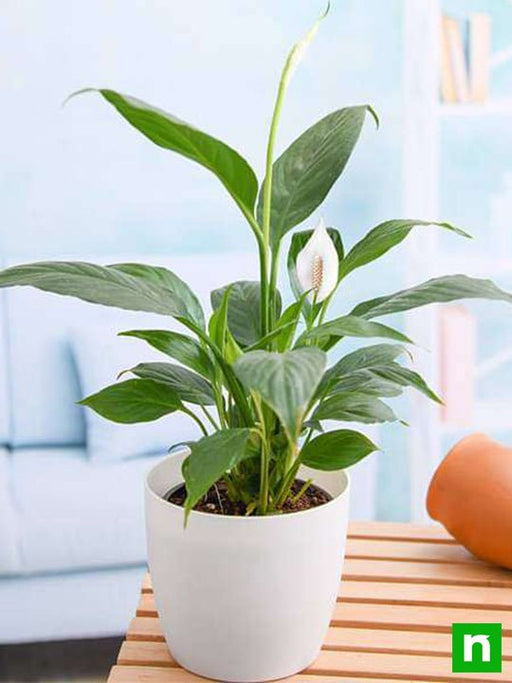
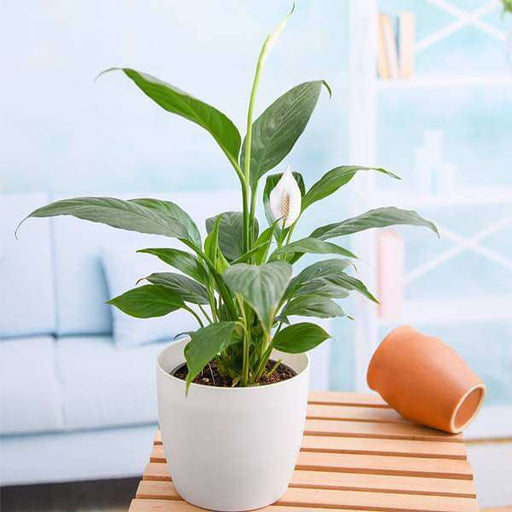 Save up to 15%
Save up to 15%
DescriptionPeace Lily Plant is a very popular and very rare indoor flowering houseplant. It is also an excellent air purifier plant.What makes it s...
View full details
 Save 20%
Save 20%
DescriptionFlowers make intimate connections they increase our connectivity with family and friends. Mogra plant is famously known as Jasmine flowe...
View full details
 Save 14%
Save 14%
DescriptionHave you ever stumbled upon a tree that made you stop and stare?A tree that seemed to possess a beauty so rare that it made you question...
View full details
 Save 34%
Save 34%
DescriptionA perfect combo of 5 desert cacti + 5 colorful pots. These cacti are happy, even when neglected.AboutYou get cacti that are affordable a...
View full details
 Save 29%
Save 29%
DescriptionThe pack contains 5 exotic, easy to care succulent plants to make your desk stand out from the rest in an attractive manner.AboutExtreme...
View full details
 Save 36%
Save 36%
DescriptionIf you long for indoor greenery but have not succeeded with houseplants, consider succulents.AboutSucculents make great indoor plants be...
View full details
 Save 16%
Save 16%
DescriptionA special pack of 5 beautiful cacti (4 Moon cacti + 1 Acanthocereus ). Perfect to decorate your garden space.About You get 5 beautiful ...
View full details Save 45%
Save 45%
Description Pack of 4 succulents that are very easy to care for. A perfect pack to start growing plants worry-free. About You get 4 succulent plant...
View full details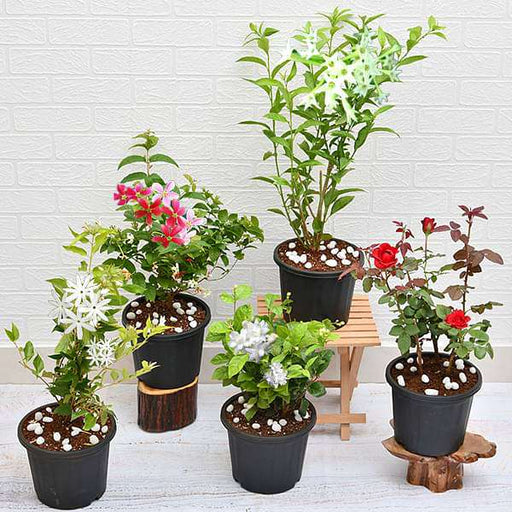 Save 12%
Save 12%
DescriptionAromatic plants bring into a room or house an often overlooked benefit. These plants have a pleasant scent.About You plant a hope when ...
View full details
 Save up to 50%
Save up to 50%
DescriptionIf you long for indoor greenery but have not succeeded with houseplants, consider these beautiful succulents. A perfect pack to start gr...
View full details
Comments
Leave a comment